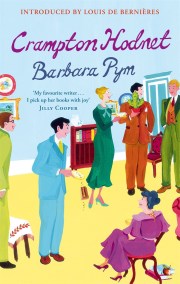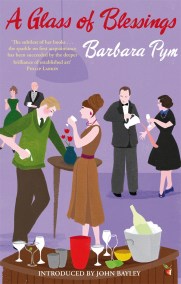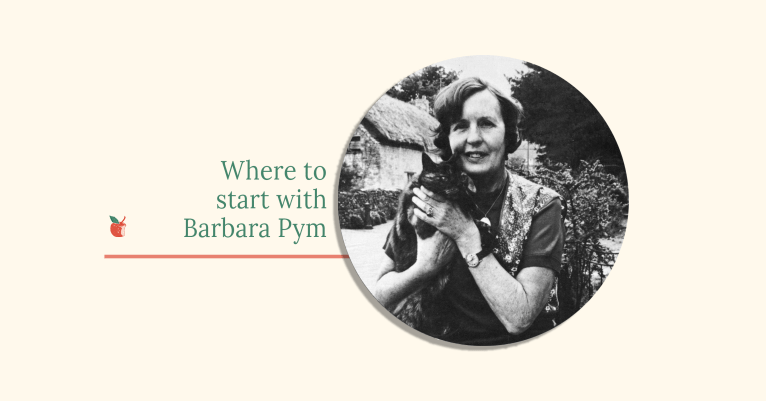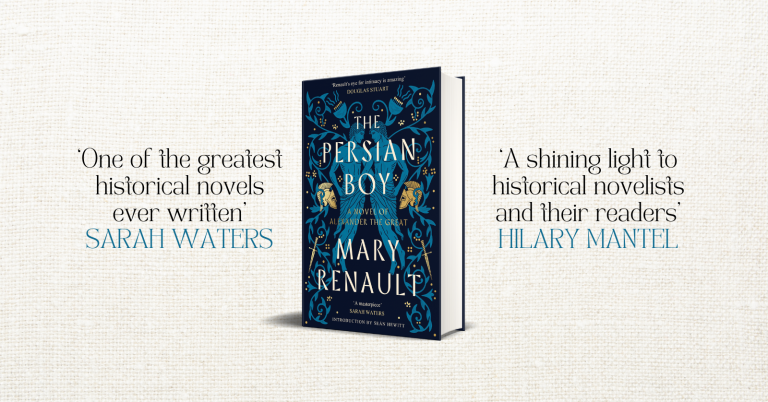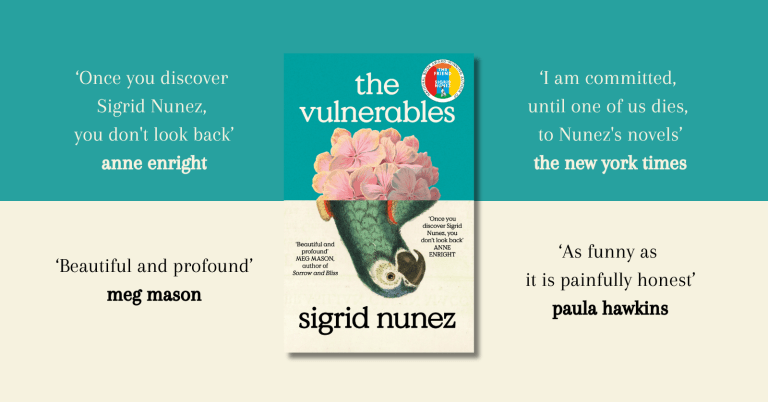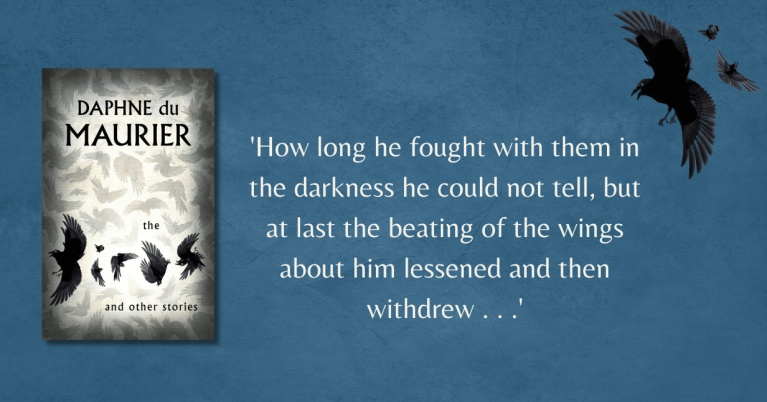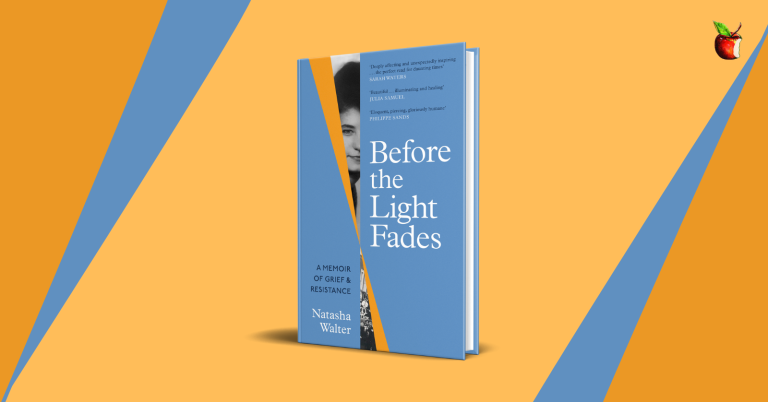Read Barbara Pym

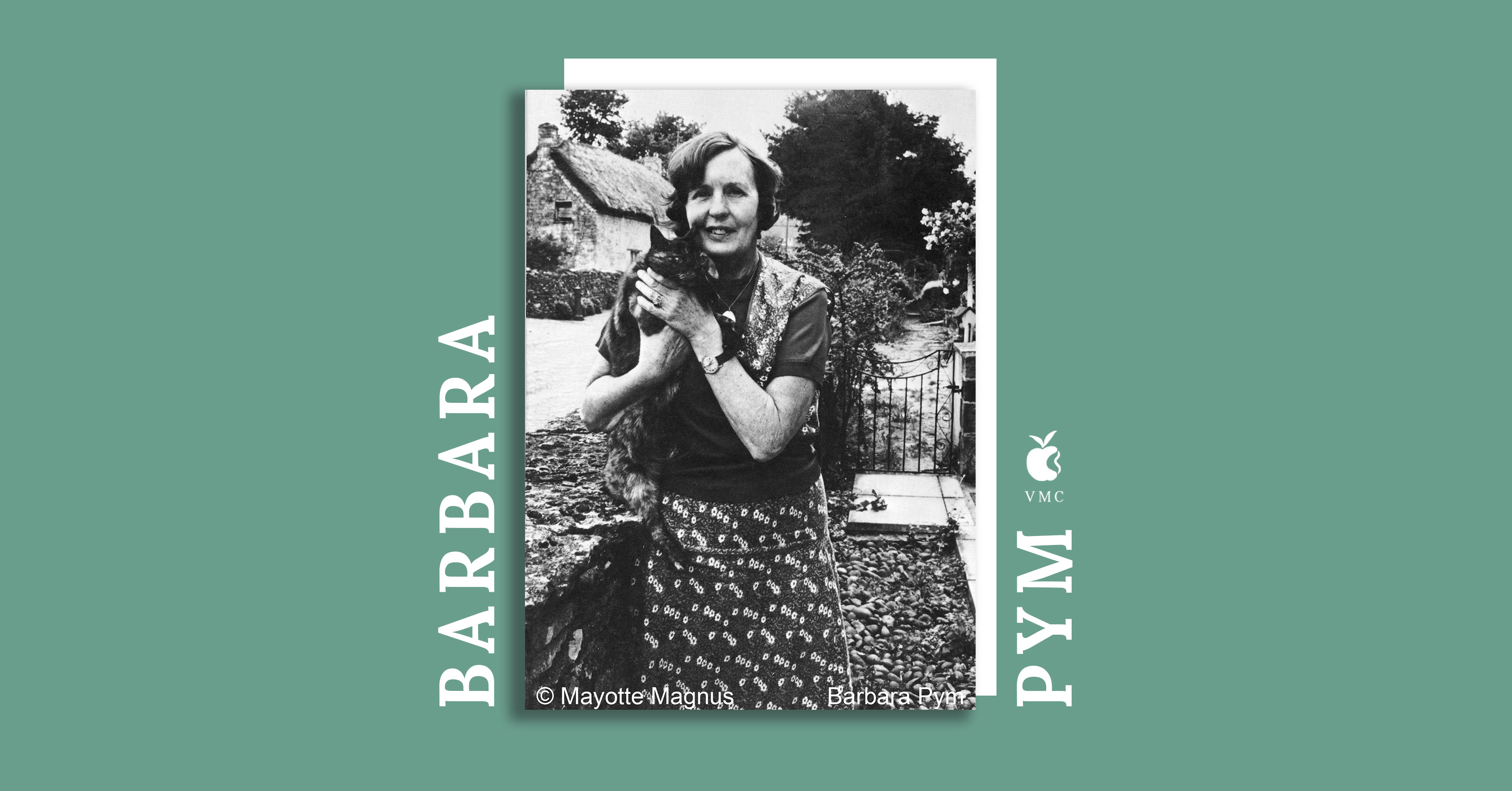
Barbara Pym (1913–1980) was born in Oswestry, Shrop shire. She was educated at Huyton College, Liverpool, and St Hilda’s College, Oxford, where she gained an Honours Degree in English Language and Literature. During the war she served in the WRNS in Britain and Naples. From 1958–1974 she worked as an editorial secretary at the International African Institute. Her first novel, Some Tame Gazelle, was published in 1950, and was followed by Excellent Women (1952), Jane and Prudence (1953), Less than Angels (1955), A Glass of Blessings (1958) and No Fond Return of Love (1961). During the sixties and early seventies her writing suffered a partial eclipse and, discouraged, she concentrated on her work for the International African Institute, from which she retired in 1974 to live in Oxfordshire. A renaissance in her fortunes came in 1977, when both Philip Larkin and Lord David Cecil chose her as one of the most underrated novelists of the century. With astonishing speed, she emerged, after sixteen years of obscurity, to almost instant fame and recognition. Quartet in Autumn was published in 1977 and was shortlisted for the Booker Prize. The Sweet Dove Died followed in 1978, and A Few Green Leaves was published posthumously. Barbara Pym died in January 1980.

'She is the rarest of treasures; she reminds us of the heartbreaking silliness of everyday life' Anne Tyler
It was odd that Harriet should always have been so fond of curates. They were so immature and always made the same kind of conversation. Now the Archdeacon was altogether different . . . '
Together yet alone, the Misses Bede occupy the central crossroads of parish life. Harriet, plump, elegant and jolly, likes nothing better than to make a fuss of new curates, secure in the knowledge that elderly Italian Count Ricardo Bianco will propose to her yet again this year. Belinda, meanwhile has harboured sober feelings of devotion towards Archdeacon Hochleve for thirty years.
Then into their quiet, comfortable lives comes a famous librarian, Nathaniel Mold, and a bishop from Africa, Theodore Grote - who each take to calling on the sisters for rather more unsettling reasons.
INTRODUCED BY LOUIS DE BERNIERES
'I'd sooner read a new Barbara Pym than a new Jane Austen' Philip Larkin
Formidable Miss Doggett fills her life by giving tea parties to young academics and acting as watchdog of the morals of North Oxford. Anthea, her great-niece, is in love with a dashing upper-class undergraduate with political ambitions. Of this, Miss Doggett thoroughly approves. Anthea's father, however, an Oxford don, is tired of his marriage and carrying on in the most unseemly fashion with his student Barbara Bird - they have been spotted together at the British Museum! Miss Doggett isn't aware, though, that under her very own roof the lodging curate has proposed to her paid companion Miss Morrow. She wouldn't approve of that at all.
'I'm a huge fan of Barbara Pym' RICHARD OSMAN
'One of the most endearingly amusing English novels of the twentieth century' ALEXANDER McCALL SMITH
Mildred Lathbury is one of those 'excellent women' who is often taken for granted. She is a godsend, 'capable of dealing with most of the stock situations of life - birth, marriage, death, the successful jumble sales, the garden fete spoilt by bad weather'.
As such, she often gets herself embroiled in other people's lives - especially those of her glamorous new neighbours, the Napiers, whose marriage seems to be on the rocks. One cannot take sides in these matters, though it is tricky, especially as Mildred, teetering on the edge of spinsterhood, has a soft spot for dashing young Rockingham Napier.
This is Barbara Pym's world at its funniest and most touching.
'I pick up her books with joy, as though I were meeting an old, dear friend who comforts me, extends my vision and makes me roar with laughter' Jilly Cooper
'I'd sooner read a new Barbara Pym than a new Jane Austen' Philip Larkin
Over the years, as Barbara Pym replaced Nancy Mitford, Georgette Heyer, even Jane Austen, as my most loved author, I devoured all her books, but JANE AND PRUDENCE remains my favourite. Even an umpteenth reading this weekend was punctuated by gasps of joy, laughter and wonder that this lovely book should remain so fresh, funny and true to life' Jilly Cooper
'The setting of this very funny novel, one of Barbara Pym's earliest, is an English village where Jane's husband is the newly appointed vicar, and where Prudence will pay Jane a visit and find herself courted by a fatuous young widower. Prudence, at twenty-nine, has achieved nothing in life but a dull research job in London and a string of dud affairs; Jane, now in her forties, was Prudence's tutor at Oxford. Jane cheerfully concedes that she is an incompetent housewife, but she hopes that the move to a rural parish may transform her into a Trollopean vicar's wife, as well as a crafty matchmaker. There are many comic complications here, as Jane learns that matchmaking has as many pitfalls as does housewifery' The New Yorker
'She is the rarest of treasures; she reminds us of the heartbreaking silliness of everyday life' Anne Tyler
Less Than Angels follows the loves, works and hopes of a group of young anthropologists.
Catherine Oliphant is a writer and lives with handsome anthropologist Tom Mallow. Their relationship runs into trouble when he begins a romance with student Deirdre Swann, so Catherine turns her attention to the reclusive anthropologist Alaric Lydgate, who has a fondness for wearing African masks. Added to this love triangle are the activities of Deirdre's fellow students and their attempts to win the competition for a research grant.
The course of true love or academia never did run smooth.
'I'd sooner read a new Barbara Pym than a new Jane Austen' Philip Larkin
Wilmet Forsyth is well dressed, well looked after, suitably husbanded, good looking and fairly young - but very bored. Her husband Rodney, a handsome army major, is slightly balder and fatter than he once was. Wilmet would like to think she has changed rather less.
Her interest wanders to the nearby Anglo-catholic church, where at last she can neglect her comfortable household in the more serious-minded company of three unmarried priests, and, of course, Piers Longridge, a man of an unfathomably different character altogether.
'I'd sooner read a new Barbara Pym than a new Jane Austen' Philip Larkin
Dulcie Mainwearing is always helping others, but never looks out for herself - especially in the realm of love. Her friend Viola is besotted by the alluring Dr Aylwin Forbes, so surely it isn't prying if Dulcie helps things along? Aylwin, however, is smitten by Dulcie's pretty young niece. And perhaps Dulcie herself, however ridiculous it may be, is falling, just a little, for Aylwin. Once life's little humiliations are played out, maybe love will be returned, and fondly, after all . . .
'I'd sooner read a new Barbara Pym than a new Jane Austen' Philip Larkin
When Barbara Pym died in 1980 she left a considerable amount of unpublished material. This volume contains an early novel, CIVIL TO STRANGERS, three novellas and an autobiographical essay, 'Finding a Voice', Pym's only written comment on her writing career.
In CIVIL TO STRANGERS the lives of a young couple, Cassandra Marsh-Gibbon and her self-absorbed writer husband Adam, are thrown into upheaval when a mysterious Hungarian arrives in their village.
A delightful comedy of manners with a touch of mystery, An Academic Question is prime Barbara Pym territory. In a provincial university town Caro Grimstone, a dissatisfied faculty wife, becomes the unwilling accomplice to her husband Alan's ambitions. When she volunteers as a reader to a blind, esteemed anthropologist, Alan seizes the opportunity to steal his papers - research that could both advance his reputation while refuting the findings of a respected colleague.


